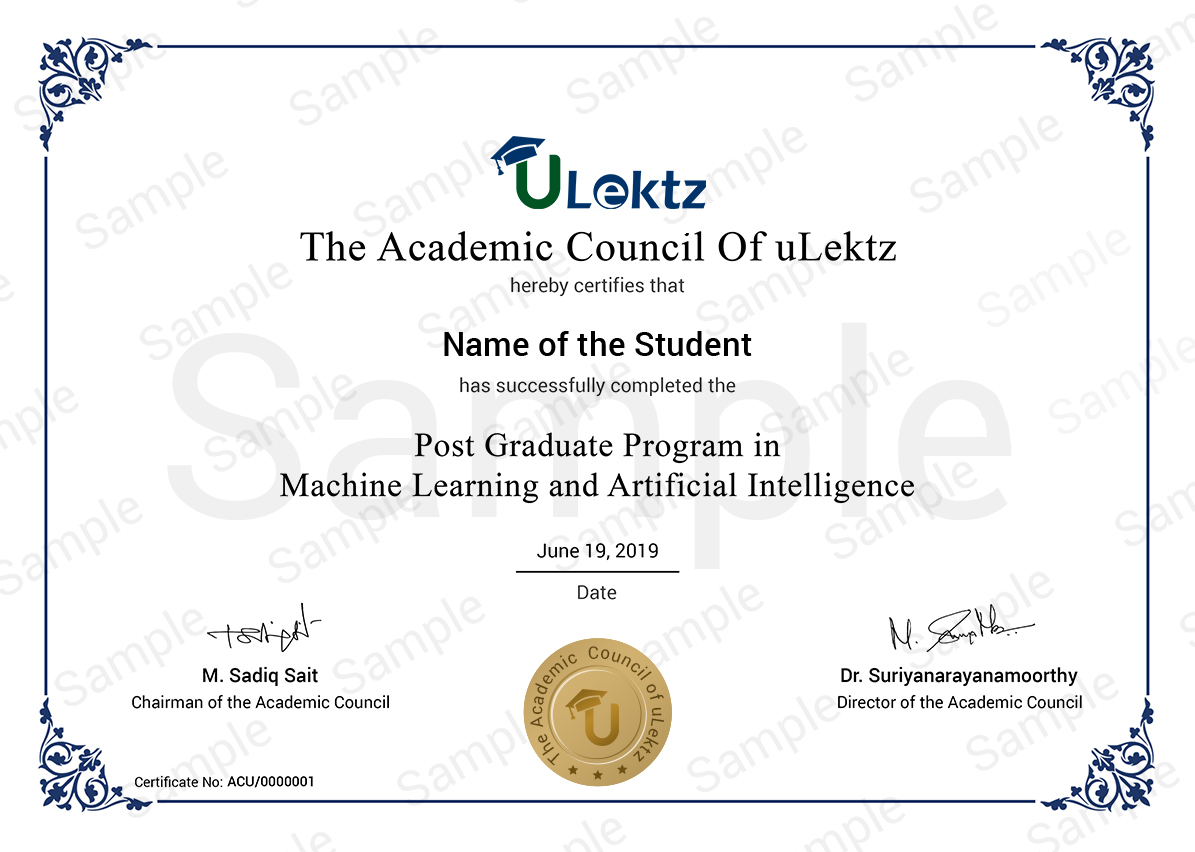

Note: Please check your Spam or Junk folder, in case you didn't receive the email with verification code.
Non-Linear: Random Order
Understand Economic Principles: Equip students with a thorough understanding of microeconomics and macroeconomics.
Develop Financial Proficiency: Foster skills in financial reporting, analysis, and decision-making.
Integrate Knowledge: Combine economic theories with practical financial accounting practices.
Prepare for Real-World Challenges: Develop the ability to apply economic and financial knowledge in various business and policy contexts.
Economic Understanding: Gain a comprehensive understanding of economic theories, models, and their applications.
Financial Literacy: Learn to prepare and analyze financial statements, and understand financial regulations and standards.
Analytical Skills: Develop the ability to interpret economic and financial data, and make informed decisions.
Practical Application: Apply economic and financial principles to real-world scenarios, including business planning, investment analysis, and policy-making.
Analytical Skills: Ability to analyze economic trends and financial data.
Technical Skills: Proficiency in financial accounting software and tools.
Problem-Solving Skills: Identifying and addressing economic and financial issues.
Communication Skills: Effectively communicating financial information to stakeholders.
Strategic Thinking: Developing long-term financial and economic strategies.
Financial Analyst: Evaluate financial data to support investment and business planning.
Economist: Conduct research and analysis to inform economic policies and business strategies.
Accountant: Prepare and manage financial statements and reports.
Financial Consultant: Provide advice on financial planning, investment, and risk management.
Policy Advisor: Work on economic policies and regulations for government or private organizations.
Business Manager: Oversee financial and economic aspects of a business.
 1.1 Overview of economics and its relevance to business
1.1 Overview of economics and its relevance to business
 1.2 Introduction to accounting and its role in business
1.2 Introduction to accounting and its role in business
 1.3 The relationship between economics and accounting
1.3 The relationship between economics and accounting
 Ref: Principles of Economics
Duration:
Ref: Principles of Economics
Duration:
 Ref: Accounting
Duration:
Ref: Accounting
Duration:
 Unit1 Test
10 Questions
Unit1 Test
10 Questions
 2.1 Supply and demand analysis
2.1 Supply and demand analysis
 2.2 Market structures and competition
2.2 Market structures and competition
 2.3 Constraint satisfaction problems
2.3 Constraint satisfaction problems
 2.4 Production theory and costs
2.4 Production theory and costs
 Microeconomics
Duration:
Microeconomics
Duration:
 Unit 2 Test
10 Questions
Unit 2 Test
10 Questions
 3.1 National income accounting
3.1 National income accounting
 3.2 Economic growth and business cycles
3.2 Economic growth and business cycles
 3.3 Inflation and unemployment
3.3 Inflation and unemployment
 3.4 Fiscal and monetary policy
3.4 Fiscal and monetary policy
 Principles of Economics
Duration:
Principles of Economics
Duration:
 Unit3 Test
10 Questions
Unit3 Test
10 Questions
 4.1 International trade theory
4.1 International trade theory
 4.2 Exchange rates and the balance of pay
4.2 Exchange rates and the balance of pay
 4.3 Global economic institution
4.3 Global economic institution
 Ref:Macroeconomics
Duration:
Ref:Macroeconomics
Duration:
 Unit 4 Test
10 Questions
Unit 4 Test
10 Questions
 5.1 Accounting principles and concepts
5.1 Accounting principles and concepts
 5.2 The accounting equation
5.2 The accounting equation
 5.3 Double-entry bookkeeping system
5.3 Double-entry bookkeeping system
 Ref: International Economics
Duration:
Ref: International Economics
Duration:
 Unit5 Test
10 Questions
Unit5 Test
10 Questions
 6.1 Journal entries and T-accounts
6.1 Journal entries and T-accounts
 6.2 Adjusting entries and closing process
6.2 Adjusting entries and closing process
 6.3 Bank reconciliations
6.3 Bank reconciliations
 6.4 Petty cash management
6.4 Petty cash management
 Ref:Accounting
Duration:
Ref:Accounting
Duration:
 Unit6 Test
10 Questions
Unit6 Test
10 Questions
 7.1 Income statement
7.1 Income statement
 7.2 Balance sheet
7.2 Balance sheet
 7.3 Cash flow statement
7.3 Cash flow statement
 7.4 Statement of changes in equity
7.4 Statement of changes in equity
 Ref: Financial accounting
Duration:
Ref: Financial accounting
Duration:
 Unit 7 Test
10 Questions
Unit 7 Test
10 Questions
 8.1 Ratio analysis
8.1 Ratio analysis
 8.2 Trend analysis
8.2 Trend analysis
 8.3 Comparative analysis
8.3 Comparative analysis
 Ref: Financial Statement
Duration:
Ref: Financial Statement
Duration:
 Unit8 Test
10 Questions
Unit8 Test
10 Questions
 9.1 Cost classification and behavior
9.1 Cost classification and behavior
 9.2 Cost volume-profit analysis
9.2 Cost volume-profit analysis
 9.3 Job costing and process costing
9.3 Job costing and process costing
 Ref Cost Accounting
Duration:
Ref Cost Accounting
Duration:
 Unit9 Test
10 Questions
Unit9 Test
10 Questions
 10.1 Preparing operating budgets
10.1 Preparing operating budgets
 10.2 Cash budgets
10.2 Cash budgets
 10.3 Flexible budgets
10.3 Flexible budgets
 Ref: Planning, Sales forecasting and Budgeting
Duration:
Ref: Planning, Sales forecasting and Budgeting
Duration:
 Unit 10 Test
10 Questions
Unit 10 Test
10 Questions
 11.1 Game theory in business decisions
11.1 Game theory in business decisions
 11.2 Pricing strategies
11.2 Pricing strategies
 11.3 Investment decisions and capital budgeting
11.3 Investment decisions and capital budgeting
 Ref: Thinking llike an Economist
Duration:
Ref: Thinking llike an Economist
Duration:
 Unit 11 Test
10 Questions
Unit 11 Test
10 Questions
 12.1 Regulation and deregulation
12.1 Regulation and deregulation
 12.2 Taxation and its impact on business
12.2 Taxation and its impact on business
 12.3 Environmental economics
12.3 Environmental economics
 Ref: Economics regulations
Duration:
Ref: Economics regulations
Duration:
 Unit12 Test
10 Questions
Unit12 Test
10 Questions
 13.1 Stock markets and bond markets
13.1 Stock markets and bond markets
 13.2 Financial intermediaries
13.2 Financial intermediaries
 13.3 Central banking and monetary policy
13.3 Central banking and monetary policy
 Ref: Financial markets
Duration:
Ref: Financial markets
Duration:
 Unit 13 Test
10 Questions
Unit 13 Test
10 Questions
 14.1 Ethical considerations in economic decision-making
14.1 Ethical considerations in economic decision-making
 14.2 Accounting ethics and professional responsibility
14.2 Accounting ethics and professional responsibility
 14.3 Corporate governance and social responsibility
14.3 Corporate governance and social responsibility
 Ref: Ethics in Economics
Duration:
Ref: Ethics in Economics
Duration:
 Unit 14 Test
10 Questions
Unit 14 Test
10 Questions
 15.1 Introduction to accounting software
15.1 Introduction to accounting software
 15.2 Economic data sources and analysis tools
15.2 Economic data sources and analysis tools
 15.3 Blockchain and its potential impact on accounting
15.3 Blockchain and its potential impact on accounting
 Ref: Digital Economics
Duration:
Ref: Digital Economics
Duration:
 Unit 15 Test
10 Questions
Unit 15 Test
10 Questions
 Final Assessment
10 Questions
Final Assessment
10 Questions
The certificate issued for the Course will have
Only the e-certificate will be made available. No Hard copies. The certificates issued by Odisha State Open University, Sambalpur. can be e-verifiable at www.ulektzskills.com/verify.



 90 hours Learning Content
90 hours Learning Content 100% online Courses
100% online Courses English Language
English Language Certifications
Certifications